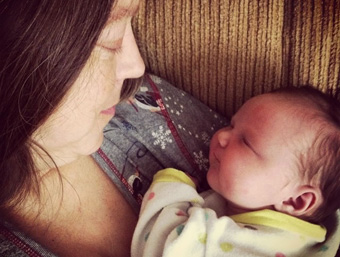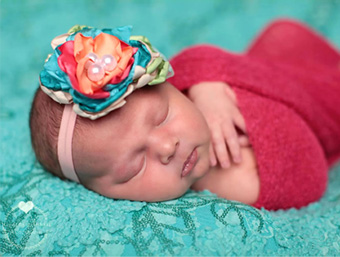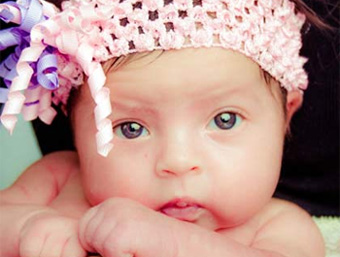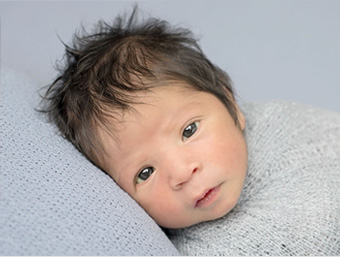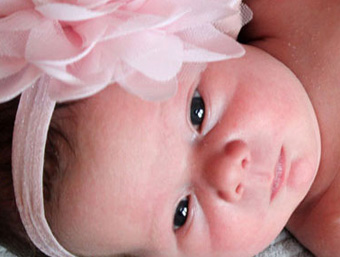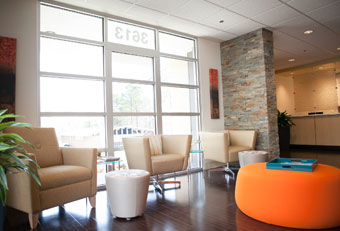If you have had your tubes tied and would like another child then you very likely have been contemplating having either in vitro fertilization or tubal reversal surgery.
 Deciding between the two can seem intimidating when so many opinions are offered as to which one is the better treatment. Often medical advice may not help because the advice is biased against a particular treatment.
Deciding between the two can seem intimidating when so many opinions are offered as to which one is the better treatment. Often medical advice may not help because the advice is biased against a particular treatment.
This article will provide readers with complete information in order to allow them to choose which is the best treatment for them: tubal reversal surgery or IVF.
Tubal Reversal Or In Vitro Fertilization
Both tubal reversal and in vitro fertilization can provide you with a chance to have a baby again but what are the success rates?
Often infertility doctors will interpret success as a positive pregnancy test or a successful implantation but most patients interpret success as holding a baby in their arms. Keep reading to find out what your chances of holding a baby again could be with either infertility treatment.
Tubal Reversal Success
When patients come to A Personal Choice 98% of all them will have at least one tube repaired. Of these patients approximately 66% will report a positive pregnancy test within the first year after tubal reversal surgery.
Of the 66% of women who report pregnancy within the first year after reversal approximately 35-40% will report a miscarriage, 10-15% will report an ectopic pregnancy, and 50% will have a baby.
So when it is all said and done out of the 98% of women who have their tubes repaired….approximately 33% will have a baby and many of these women will go on to have more than one child.
Our pregnancy statistics after tubal reversal are based on intensive follow-up within the first year and also on patient self-reporting of pregnancy. It is possible that with increased follow-up more women would report success. We are also keenly aware that many patients do not report their pregnancies to us. The pregnancy rates could be higher than those that have actually been determined.
IVF Success
Understanding IVF success can be a little more complicated. Of all United States IVF cycles, approximately 37% will result in a early pregnancy. Some of these pregnancies will miscarry and the end result will be that 30% of all IVF cycles started will result in a successful live birth.
Tubal Reversal Costs: IVF Costs
IVF costs between $10,000 to $12,000 for each cycle attempted. Tubal reversal currently costs $5,900 at the A Personal Choice.
Benefits Of Reversing Tubes And IVF
IVF provides women an opportunity to avoid reversal surgery, avoid the risk of ectopic pregnancy, and maximize their chances of pregnancy if they have other serious infertility problems. Tubal reversal provides women many chances to become pregnant, the opportunity to have more than one child, and, for some, it allows relief from the feelings of guilt and regret they may have about having their tubes tied.
More Information On Reversing Tubes
Readers can explore the website of A Personal Choice for more information about the chances pregnancy after tubal reversal and the success of tubal reversal vs IVF.
If you have additional questions about tubal reversal then please feel free to call the reversal center for a free consultation with a Tubal Reversal Nurse at (919) 968-4656.


